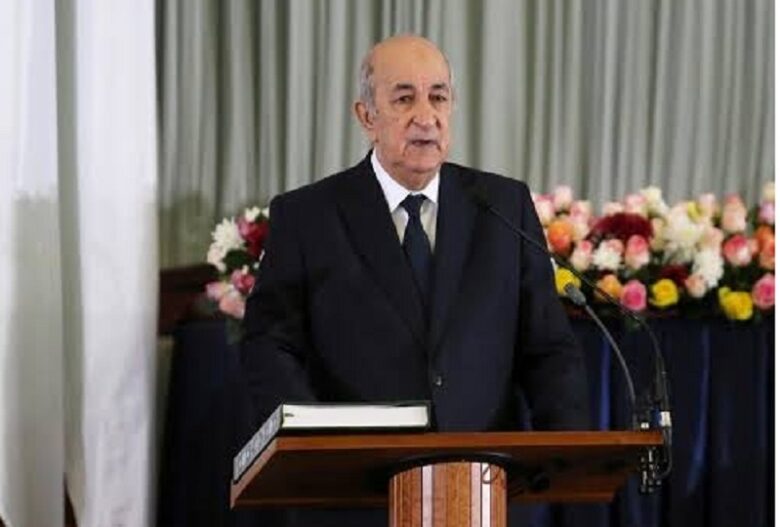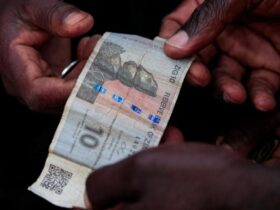Algeria’s military-supported President Abdulmadjid Tebboune is poised for victory in Saturday’s election, with his re-election for another five-year term appearing highly likely due to the lack of significant opposition.
Leveraging higher gas revenues, Tebboune has used increased social spending to strengthen his position.
He faces two challengers—one a moderate Islamist and the other from the secular opposition—but neither is seen as a serious threat to the military-backed political system that has dominated Algeria since the 1960s.
A win for Tebboune would likely ensure continued focus on boosting Algeria’s energy exports and modest pro-business reforms while maintaining extensive subsidies and controlling internal dissent.
However, many will be watching closely to see if voter turnout surpasses the 40% recorded in the 2019 election, which took place during the mass ‘Hirak’ protests that led to the ousting of former President Abdulaziz Bouteflika.
Naima Belgacem from Lakhdaria, east of Algiers, is among the two million Algerians benefiting from the 15,000 dinars ($113) per month unemployment stipend introduced by Tebboune. She plans to vote in the upcoming election.
“It’s not a lot, but it helps cover my phone bills and other expenses,” she said. Although Algeria’s unemployment rate dropped to 12.25% last year, down from over 14% during the COVID pandemic in 2020, many young people like Belgacem are still job hunting.
Tebboune has pledged to boost their benefits and create 500,000 jobs.
Having earned a diploma from a business school in Algiers, Belgacem frequently commutes by bus to the capital in pursuit of employment, but she says, “There’s still nothing.”
Government Invest in Affordable Housing
In March, the International Monetary Fund acknowledged Algeria’s efforts to reform its economy by diversifying away from oil and gas to encourage private sector-driven job growth.
However, the IMF also cautioned that Algeria’s significant government deficits, propelled by elevated spending, could leave public finances susceptible to economic shocks.
Algiers shows visible signs of the government’s increased spending, particularly in the numerous new social housing apartment blocks rising in the suburbs.
These areas, adorned with election posters, create a sharp contrast with the 2019 election when President Bouteflika, after 20 years in power and declining health, was seldom seen in public.
In the wake of low energy prices starting in 2014, Algeria faced severe state financial issues, leading to significant cuts in government spending on housing and benefits.
The 2019 mass protests demanded an end to corruption and the old political guard, but demonstrations dwindled with the onset of the COVID pandemic and targeted arrests of protest leaders.
Amnesty International recently reported that Algerian authorities have increasingly used new laws and crackdowns to suppress dissent ahead of the election.
YOU MAY ALSO READ: Nigeria Oil regulator grants first license for floating LNG Plant to UTM Offshore









Got a Question?
Find us on Socials or Contact us and we’ll get back to you as soon as possible.